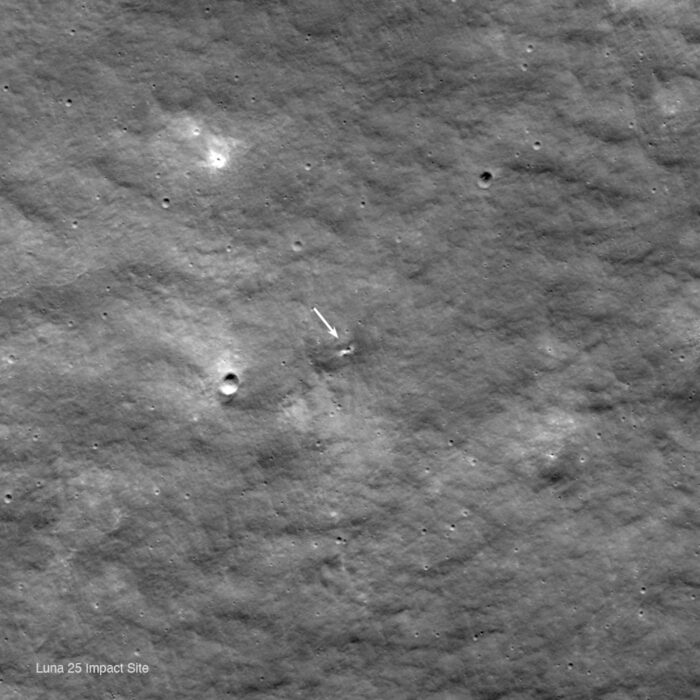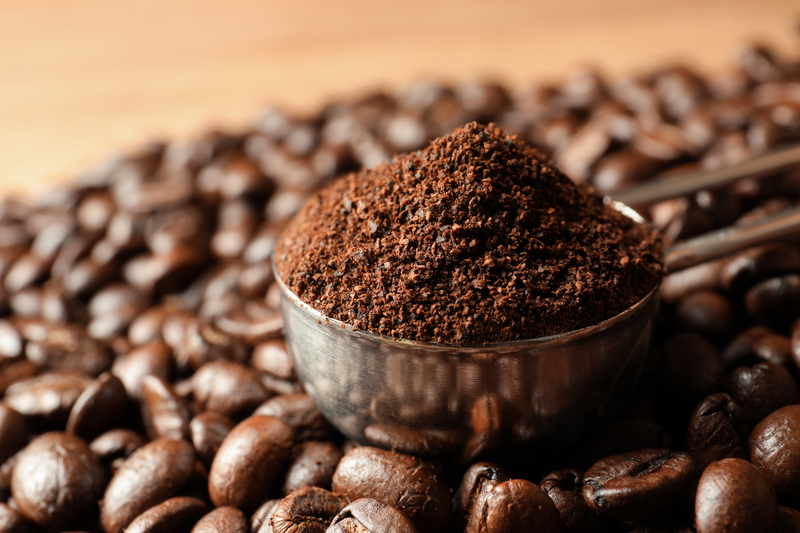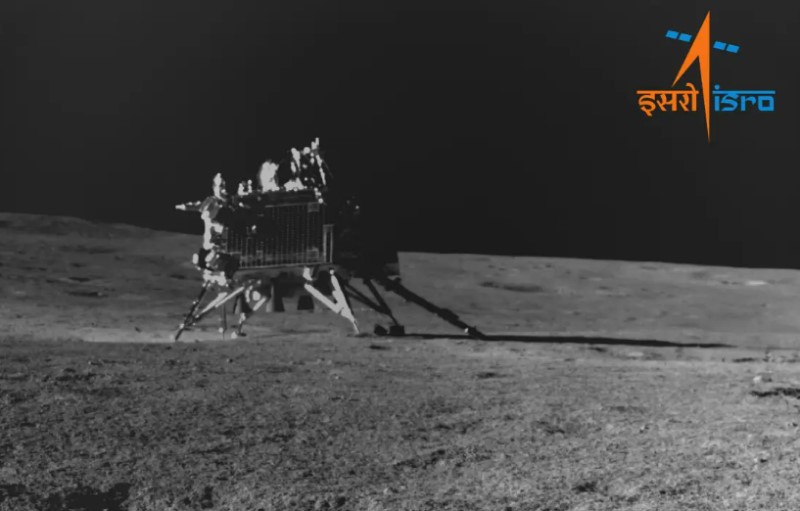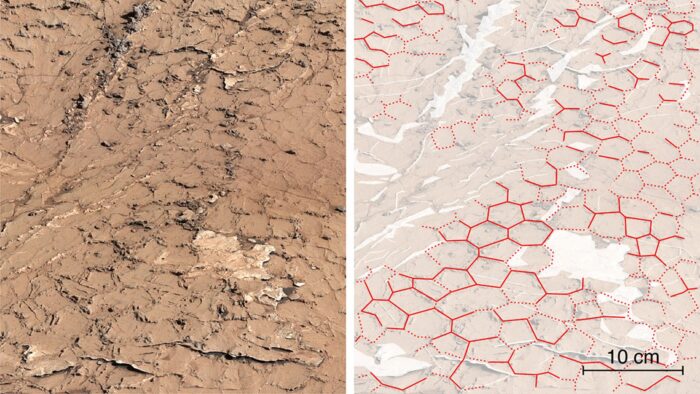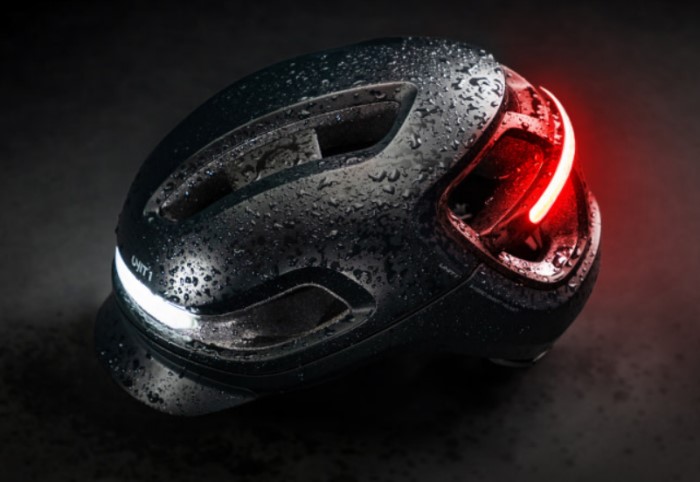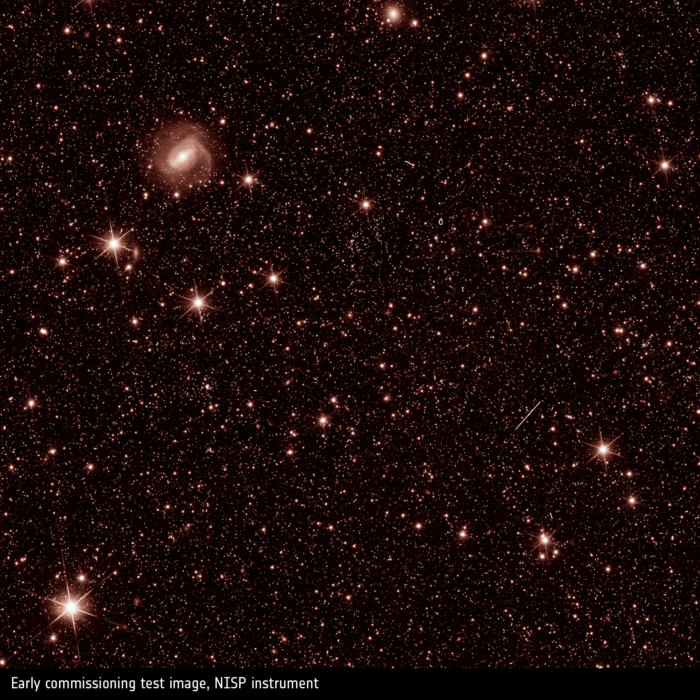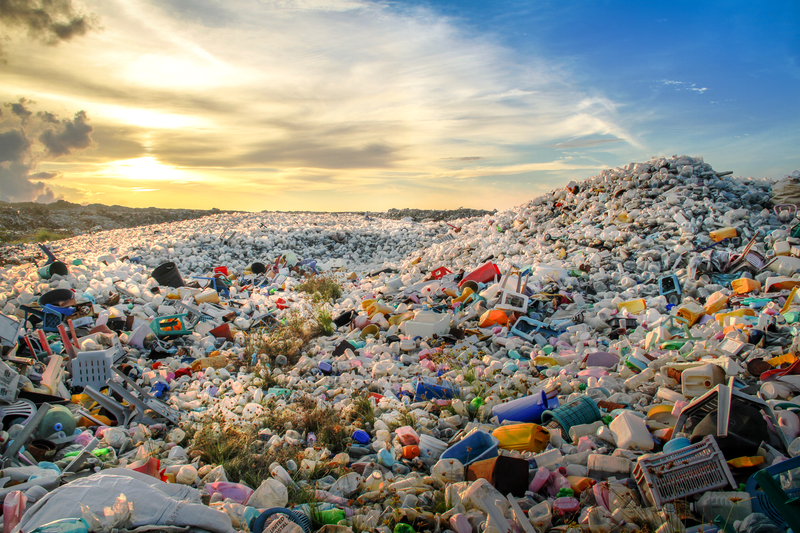Some neighbours are happy to see you at any time. "Come on over, the door is always open!"
Others? Not so much. It's not that they're mean ... they just really want their privacy. And they're most definitely not interested in visitors.
In our solar system, Venus is the second type of neighbour. Weighed down under a thick, heavy blanket of an atmosphere, the pressure on the planet's surface is immense—75 to 90 times what we feel standing around on Earth. And because this atmosphere also traps heat, it is mindbogglingly hot there—around 455°C or 850°F, which can melt metals like lead and zinc. And did we mention that the atmosphere is also full of sulphuric acid?
It's as though the whole planet has a sign on it that says, VISITORS NOT WELCOME.
And yet, we still have tried. Back in the 1970s, Russia even sent several landers to the planet's surface as a part of its Venera program. The most successful of these, Venera 13, lasted just 127 minutes on the surface before the Venusian heat and pressure destroyed it. That's barely long enough to watch most movies!
After 1981, the world's space programs simply brushed aside the idea of trying to land on Venus. It was expensive, time consuming, and disappointing. But lately, experts at places like NASA have started to bring back the idea of maybe giving a visit to Venus another go.
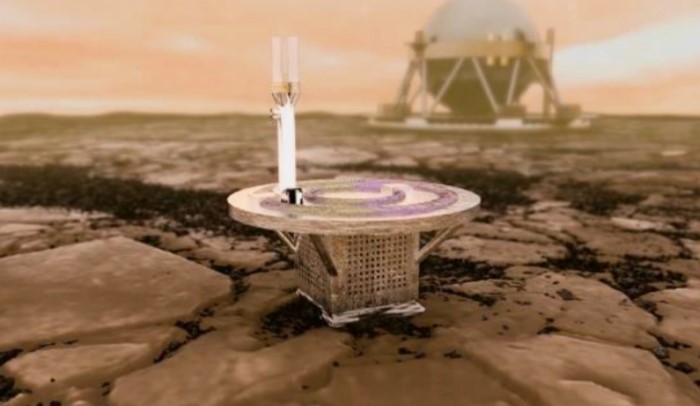
This concept art shows NASA's newly proposed Venusian probe LLISSE. (John Wrbanek, NASA GRC)
One of the more curious proposals would become a remarkably small probe known as the Long Lived In-situ Solar System Explorer (LLISSE). This battery-powered device would only weigh about 10 kg (22 pounds) and measure just around 20 cm (7.9 inches). Being so small would allow it to better resist the immense pressures around it.
A prototype of LLISSE is still being figured out. But researchers believe that they at least have a battery suited for the job!
Handle the heat
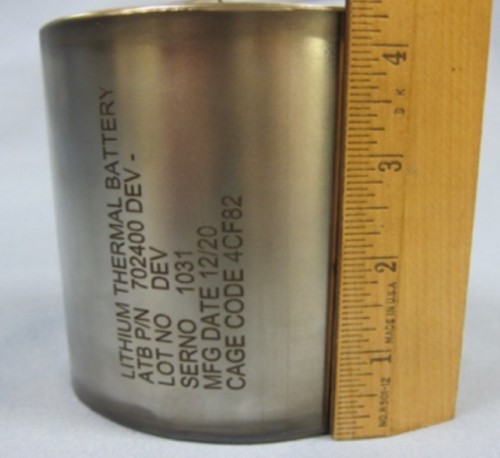
It's not big, but this new thermal battery could have a huge impact on our ability to explore Venus. (Tom Miller, NASA GRC)
NASA is working with a company called Advanced Thermal Batteries, which is a pretty good description of what this product is. An advanced thermal battery!
The battery is based on ones that are currently being used to power missiles. With some adjustments, tests show that the battery should be able to survive a full Venusian day. And in case that sounds short, keep in mind that a day on Venus lasts 120 Earth days.
In other words, this battery should be able to keep things running inside an acidic, pizza oven/pressure cooker for four whole months. That's pretty amazing if you ask us!
If successful, the probe will hopefully make its way to Venus in 2029. LLISSE will carry instruments that will measure temperature, wind speed, atmospheric content, and more. Given how limited our understanding of Venus is so far, even a month's worth of data would be a dramatic increase over what information we've been able to gather about our neighbour.
And who knows? Maybe after Venus gets used to having LLISSE around, it won't be so hostile to us anymore. Though, we're not exactly holding our breath!
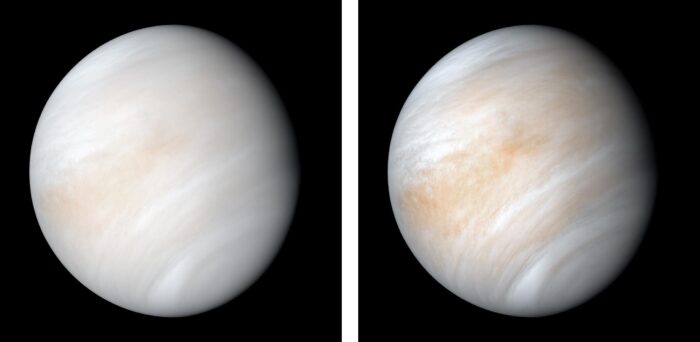 These views of Venus were taken by NASA's Mariner 10 probe in 1974. Though peaceful from a distance, the planet is devastating up close. (NASA/JPL-Caltech)
These views of Venus were taken by NASA's Mariner 10 probe in 1974. Though peaceful from a distance, the planet is devastating up close. (NASA/JPL-Caltech)

